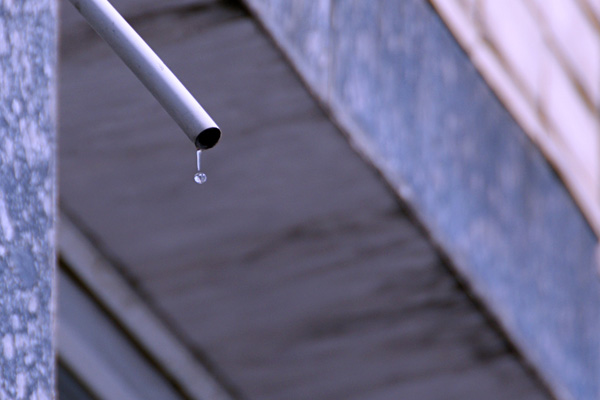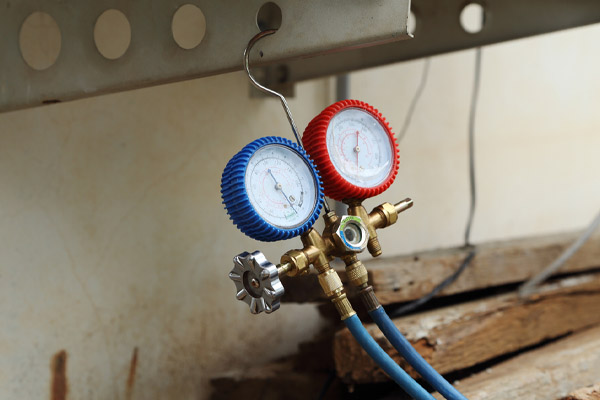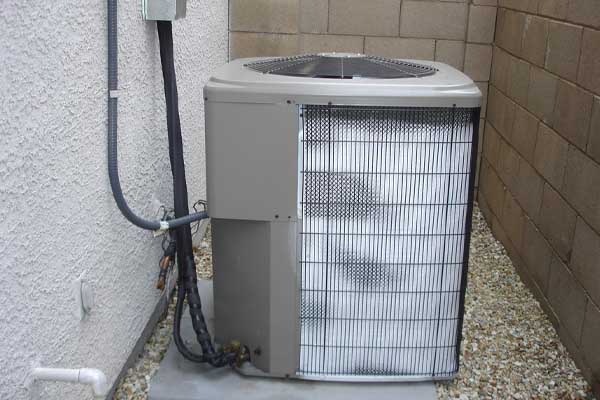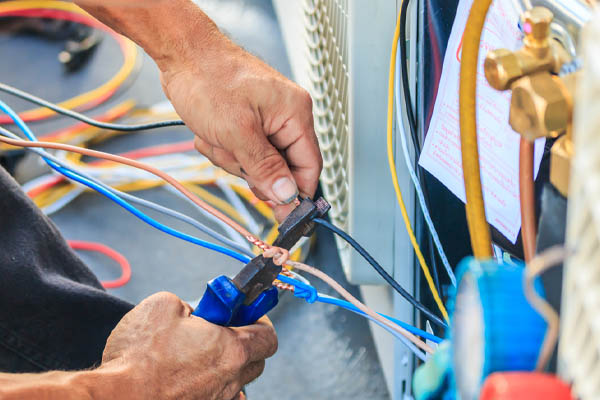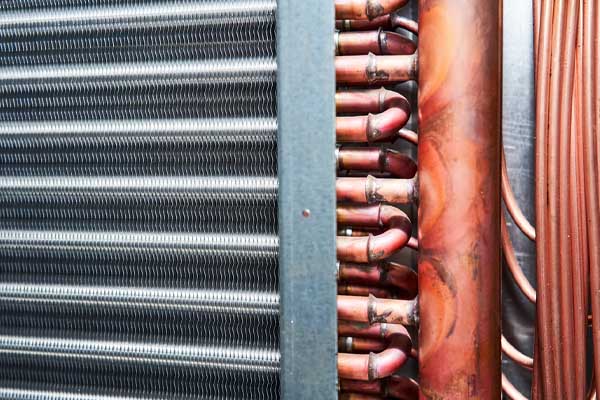
Air conditioning systems are designed to move heat. Contrary to what most people think, an air conditioner doesn’t actually produce cool air. Instead, it absorbs heat inside of the home and transfers it outdoors. Once several heat transfer cycles have been completed, the interior of the building will be noticeably cooler and more comfortable. Much of this work is accomplished behind the scenes by an air conditioner’s evaporator and condenser coils. While these coils might look similar, they do very different things in the cooling process to produce the effects that people want. Read on to learn more about the condenser vs evaporator coil.
How an Air Conditioner Evaporator Coil Differs From an AC Condenser Coil
To start, let’s review how a central cooling system does its job. This equipment is divided into two separate components: an indoor component and an outdoor component. They are connected by refrigerant-containing tubes. Refrigerant absorbs considerable amounts of heat. When absorbing and releasing heat, the refrigerant turns from a liquid into a gas and then back into a liquid again according to how much pressure it’s placed under. When cooling systems are on, refrigerant is pumped from the indoor unit to the outside one in a cyclic fashion. Now let’s consider the roles that evaporator and condenser coils play in this process.
The Evaporator Coil in Your Cooling System
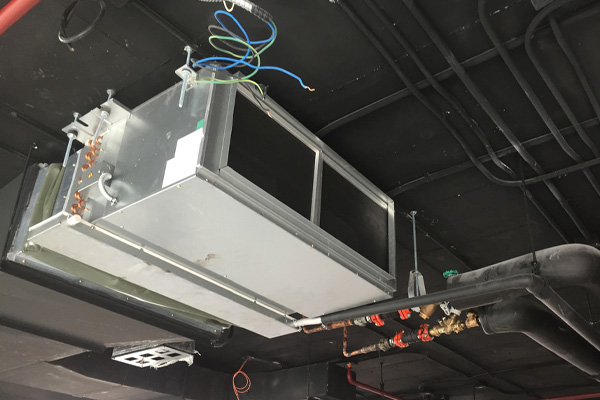
You will find the evaporator coil in your air conditioner’s indoor component. This coil is made of copper tubes that carry exceedingly cold refrigerant. Evaporator coils are constantly filled with warm indoor air drawn in by the cooling system’s blower. The refrigerant absorbs the heat from this air in the evaporator coil. Water vapor that surrounds this coil condenses into droplets of water so that indoor humidity is also reduced. This creates indoor air that’s both drier and cooler and the air is forced back indoors so that everyone can enjoy it.
The refrigerant moves alone in the system to do other things. It exits the evaporator coil and is slightly warmer than it was when entering. It then flows through a conduit that’s insulated to the unit that’s parked outside. This is a large-sized cabinet that houses both the condenser coils and the air conditioner compressor. The refrigerant enters the outside unit at the compressor and is pressurized to increase its temperature. In its super-heated state, the refrigerant is able to transfer heat outdoors more efficiently.
The Condenser Coil in Your Home Cooling System
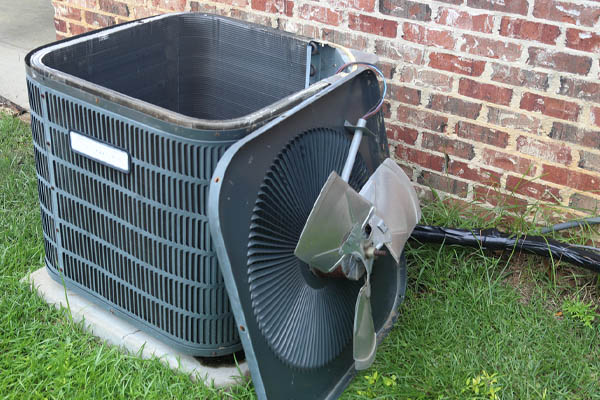
If you had the opportunity to see both the evaporator coil and the condenser coil in your air conditioner side-by-side, you’d see that both their materials and their design are somewhat similar. Their functions, however, are quite the opposite. Evaporator coils take in or acquire heat and condenser coils release it. This process of catching and throwing goes on for several cycles until the temperature that’s been set at the thermostat is reached. You may hear the humming of the fans and the compressor during this process as they carry on their roles in the background.
As heated refrigerant vapor quickly lets off heat into the outdoor environment, the refrigerant cools down and becomes a liquid again. This process is helped along by a fan in the outdoor unit that blows outside air through the condenser coil. The cooled, liquid refrigerant is then ready to return to the evaporator coil for another cycle. There is an expansive valve that returns the refrigerant back to its vapor state and cools it, so that it is ready to absorb additional heat on the next round.
Taking Care of Your Cooling System’s Coils
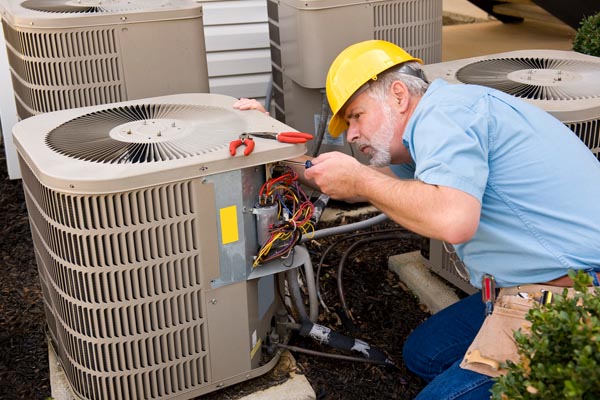
As with all other air conditioner components, your unit’s coils require regular upkeep to perform optimally. This applies to both the evaporator coil and the condenser coil. It does not take a lot of effort to keep most problems at bay. Simply schedule an air conditioner tune-up service with a local HVAC company every year. Apart from cleaning and maintaining the system’s coils, your air conditioner technician will also check out all other cooling system components to ensure that these are also in good condition. They have a basic maintenance checklist that they’ll go through that promotes optimum efficiency and long lifespans for air conditioners.
Common Issues With Air Conditioner Coils
Let’s take at some of the most common issues that can affect air conditioner coils:
1. Air Conditioner Corrosion
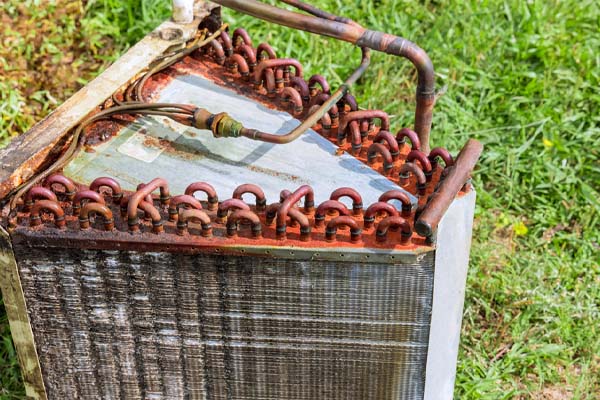
Your air conditioner evaporator coil is comprised of both aluminum and copper. These materials won’t rust like steel will, but this does not mean that they are absolutely impervious to corrosion. Cracks and holes may form. These might not be apparent with just a quick visual inspection, but you will definitely notice their impact as the refrigerant in your system slowly leaks out. Your home may be exposed to toxic chemicals as a result. The performance of your cooling system will decline too because it won’t have enough refrigerant to absorb excess heat inside of your home. HVAC companies can find refrigerant leaks and fix them, they can also add new refrigerant to bring everything back to normal.
2. Build-Up of Dirt
Dirt can find its way inside of cooling systems. Particulates can settle on coils to create an insulating layer. This negatively impacts the heat transfer process and prevents the coils from doing what they’re supposed to do. The fans will have to work both harder and longer to help create the right indoor temperature. This leads to expedited wear for these air conditioner components. It also raises your energy consumption and your energy bills. You can avoid all of these things by practicing regular air conditioner maintenance.
3. Air Conditioner Mold Formation
Indoor AC components are both dark and damp at their interior. They don’t have the benefits of sunlight or thermal heat for fighting off bacteria and fungi. Thus, they offer the perfect environment for mold and mildew development. These things can thrive inside of the air conditioner and they can scatter spores throughout your home via your HVAC air ducts. The quality of your indoor air will drop and the health of everyone in the home will decline as well. Excessive mold and mildew can even keep air from flowing through the evaporator coil’s fins.
4. Build-ups of Debris
The air conditioning component on the outside of your home can be infiltrated by various forms of small-sized debris. For instance, twigs, dry leaves, and other organic waste can enter this component. If they drop down to the bottom, they can block the flow of air to the condenser coil. This slows down heat release from the refrigerant into the outside environment. This is something that you can prevent by clearing vegetation away from the perimeter of the outside unit. Regular coil cleanings are also advised.
Problems With Air Conditioner Refrigerant
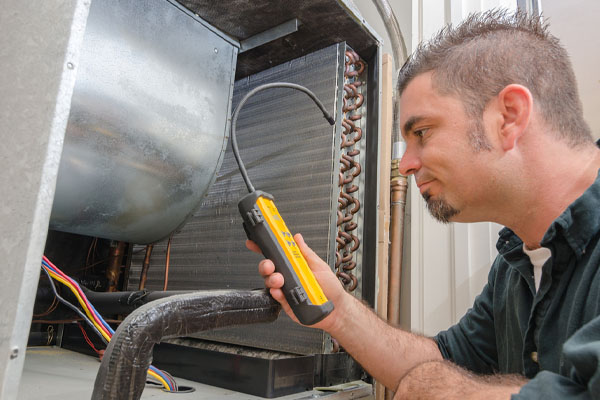
There are many different reasons why an air conditioner might stop providing adequate amounts of cooled air. If your air conditioner was working just fine before the issue started, then the culprit may be low refrigerant. There has to be sufficient refrigerant in the coils to collect enough heat from the indoor environment and push it out. Low levels of refrigerant will leave you with a hot home. It can also cause the coils to freeze over and force the entire system to shut down. If either of these things happen, call an HVAC contractor in right away.
Conclusion
Air conditioners have an innovative design that cools the home through heat transfer. This system relies on refrigerant passing through its coils and the evaporator coil absorbs heat inside of your home so that the condenser coil can release it outside. They work together to produce the desired results. Stay vigilant to spot developing problems with your air conditioner coils. To prevent problems, schedule annual air conditioning maintenance with a trusted HVAC company in your area.
Call Point Bay Fuel For All Of Your HVAC Requirements

Point Bay Fuel provides high-quality HVAC services in Ocean and Monmouth County, New Jersey. Rest assured, our company only hires the best professionally certified technicians who can address all your heating and cooling services needs, such as boiler repairs, air conditioner installation, furnace replacements, and more. Each one of our friendly techs is skilled, knowledgeable, and experienced in correctly servicing all makes and models of HVAC systems.
Call Point Bay Fuel for highly competitive HVAC service rates in the area. We can improve your home’s comfort and energy efficiency while reducing your energy costs. Should your system require a repair or replacement, we can find the best solution that fits within your budget. We back all our work with a guarantee. Do not hesitate to call Point Bay Fuel to schedule a service appointment today. We offer free, in-home estimates.
Contact us now by calling (732) 349-5059 to speak to one of our home comfort specialists!
The post How Evaporator & Condenser Coils Help Cool Your Home appeared first on Point Bay Fuel.
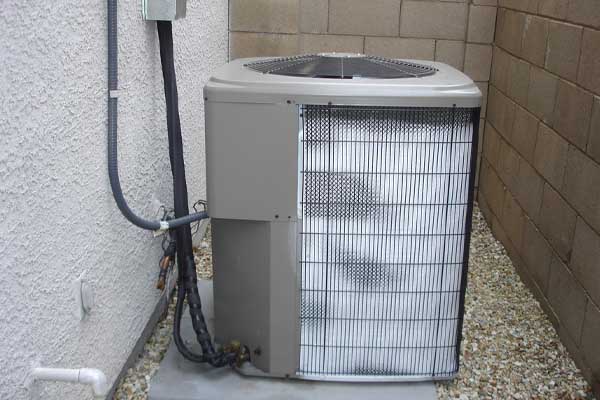
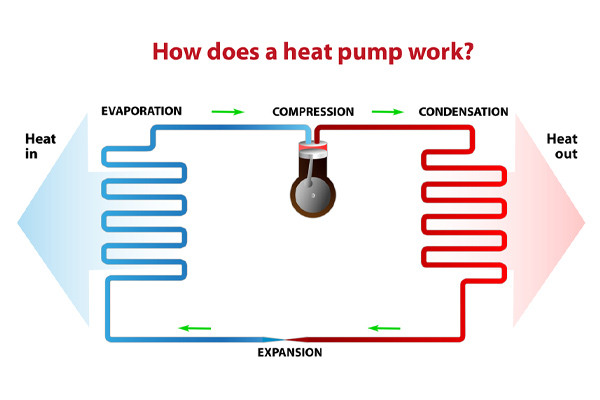
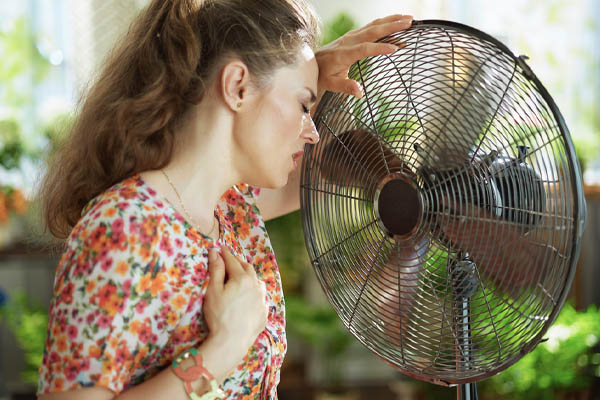

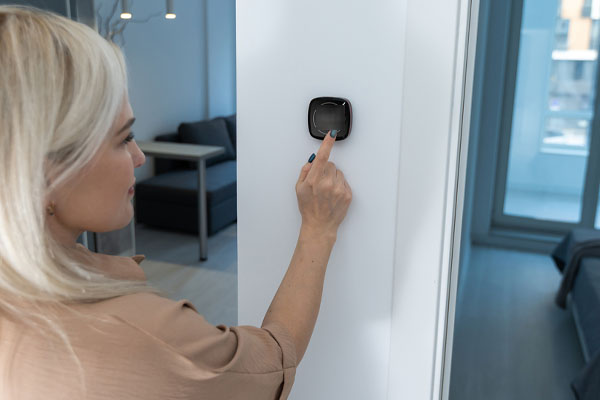
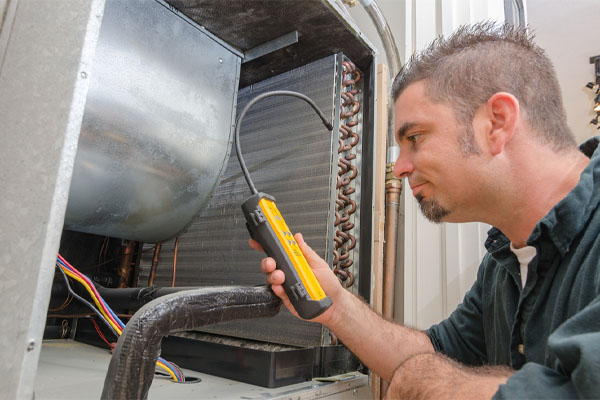
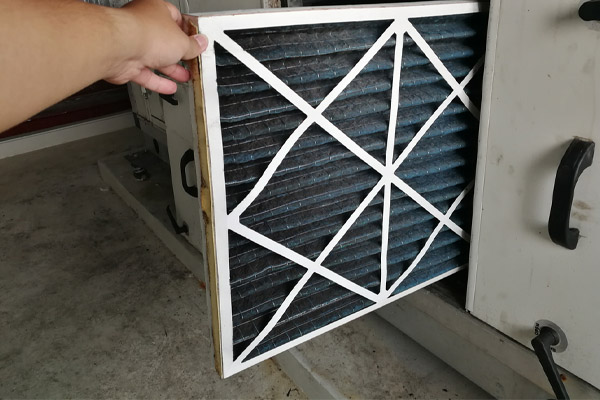
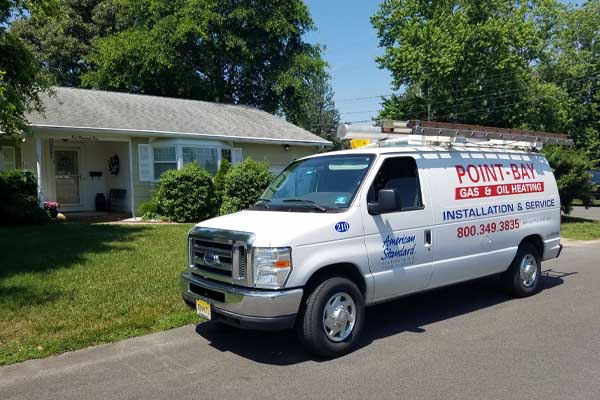
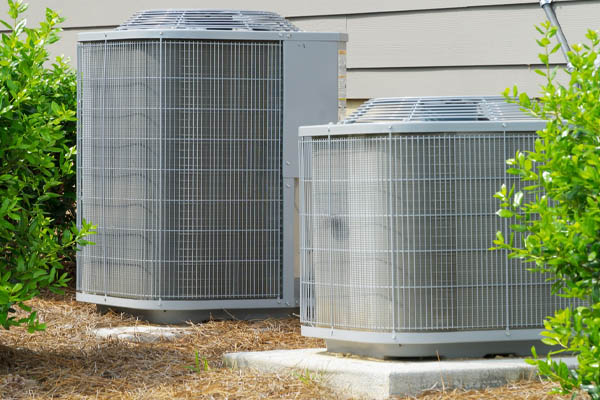

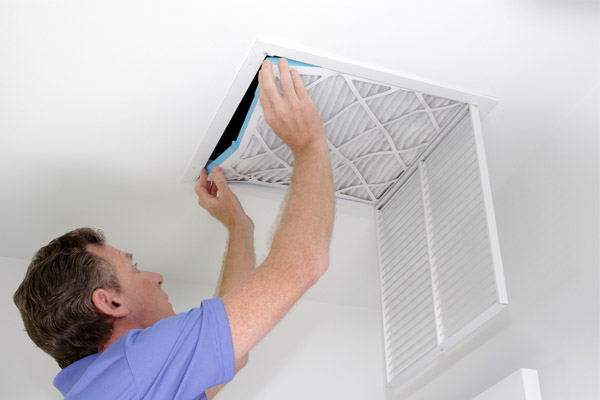
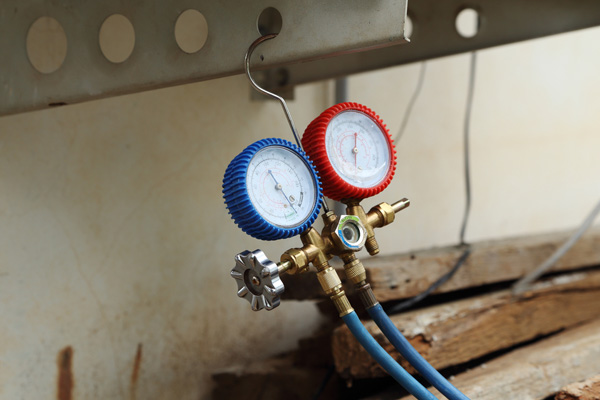
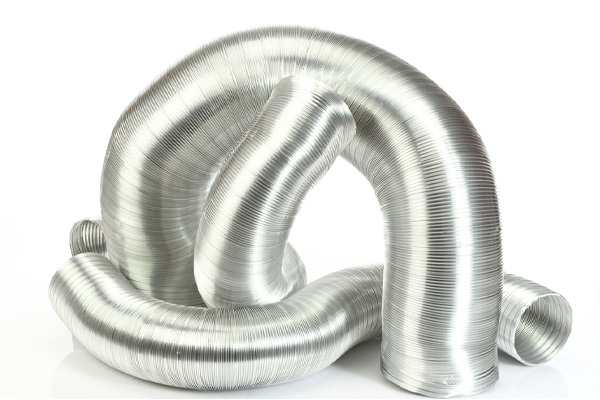 The ductwork circulates cool air from the air conditioner through the registers in each living space. Ductwork damage and breaks allow cool air to leak underneath the home. Warm air from outdoors could leak into the ductwork and circulate instead of the cool air. The home won’t stay at a comfortable temperature with ductwork leaks. HVAC technicians inspect the ductwork for damage and problem areas. They recommend repairs if the ductwork isn’t sealed and allows air leaks.
The ductwork circulates cool air from the air conditioner through the registers in each living space. Ductwork damage and breaks allow cool air to leak underneath the home. Warm air from outdoors could leak into the ductwork and circulate instead of the cool air. The home won’t stay at a comfortable temperature with ductwork leaks. HVAC technicians inspect the ductwork for damage and problem areas. They recommend repairs if the ductwork isn’t sealed and allows air leaks.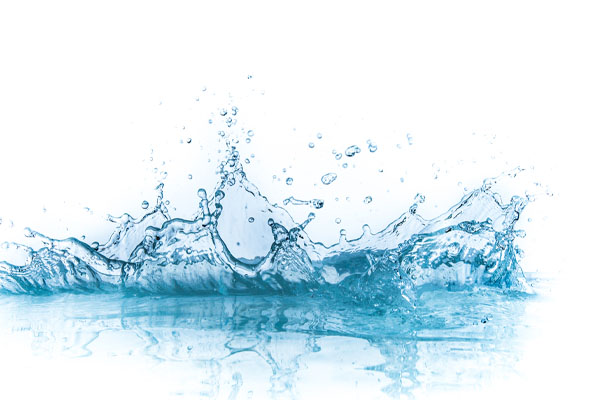 Most people feel worried when they notice water coming out of their
Most people feel worried when they notice water coming out of their 